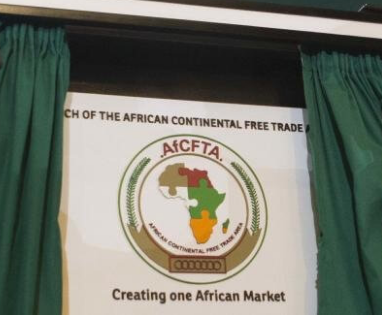The much anticipated African Free Trade Zone – the world’s largest trade zone – is set to launch in July this year. It will be a major development for the continent where most countries mainly trade with nations outside Africa. Only 15% of trade is done between African countries compared to 70% of trade among European nations and 25% in the South East Asian region.
The Continental Free Trade Area will comprise of 53 African countries with a population of 1.2 billion people and an estimated gross domestic product of $2.5 trillion. Eritrea is the only African country that has not signed the African Continental Free Trade Area treaty.
Some of the challenges that are likely to hinder the single market project are:
- Poor road and rail networks linking African nations
- Underdeveloped industries
- High dependence on custom revenue
- Inefficient border posts
Additionally, there are concerns that the more developed nations will gain from the single market at the expense of the less developed nations. Countries like South Africa and Egypt, with their advanced industrial base, will benefit by selling their goods to less developed markets in the region.
For the Single Market trade agreement to succeed, African countries need to improve their infrastructure, create new revenue streams away from customs income, eliminate protectionist laws, and improve efficiency at points of entry.
See Also:




